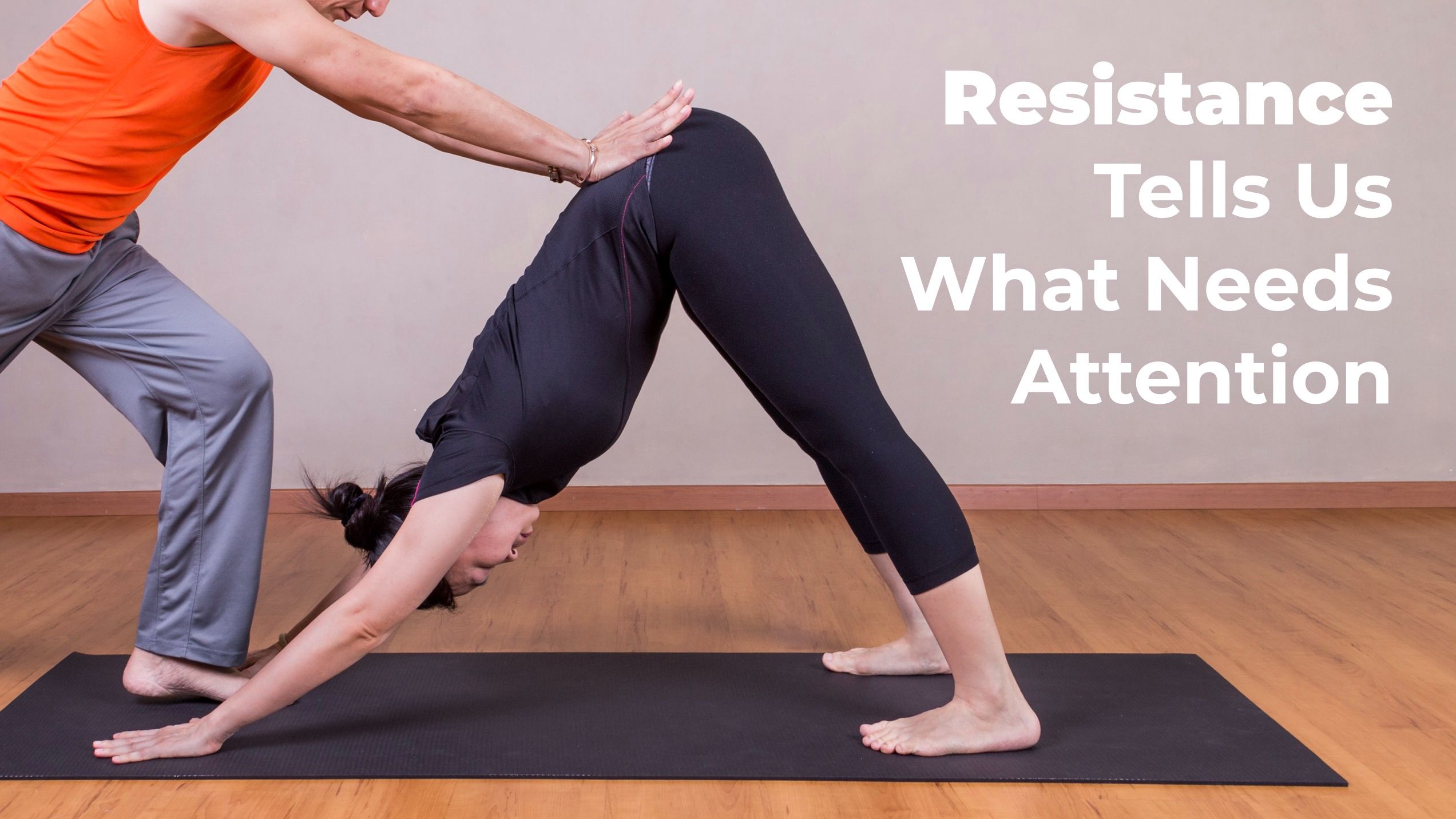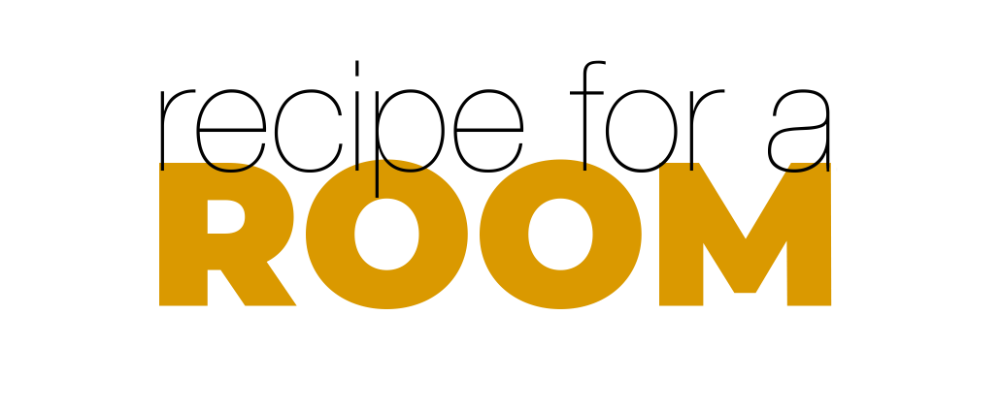
The Seven Competencies of a Successful Design Studio - How Do You Score?
Nov 23, 2025Speaking personally, I’ve always found it far more appealing to keep refining the things I already do well than to tackle the parts of my business that feel less comfortable. Most of us do. It’s human nature to polish the familiar rather than face the awkward corners. But the difficult truth is that businesses perform best when there is strength across the whole picture, not just the bits we enjoy.
With that in mind, I've been thinking about the lagging areas in my own business and next year I’ll be making a deliberate effort not to keep shining the family silver, but to work hard on the parts of business practice that find me out of my comfort zone, because…
...results follow behaviour.
Imagine the version of you, twelve months from now, who feels able to look deep into every corner of your business without flinching: someone with the steady confidence that your studio is running with clarity, purpose and a sense of direction.
A version of you who:
- attracts clients who trust your judgement
- commands higher fees without discomfort
- leads projects calmly and confidently, rather than firefighting
- is guided by a long-term vision rather than short-term pressure
- builds momentum by setting goals and tracking progress with quiet discipline
- makes clear, informed decisions about money and time
- runs a studio where the work feels easier, cleaner and more considered
- feels respected, in demand, and unmistakably in control
I’m not describing a different designer, but a more capable, better-resourced founder.
That distinction matters. When we talk about ‘growing a design business’, the focus often drifts towards the ‘design’ - improving taste, refining presentations, expanding a portfolio. Yet when you look closely at the businesses that attract the most interesting projects and the most substantial budgets, their advantage rarely lies in surface polish. It lies in the way the founder thinks, decides, communicates and leads.
In other words, the studios that thrive are led by people who see themselves not just as designers with a bit of business around the edges, but as the principals of small, thoughtful, and surprisingly sophisticated commercial enterprises.
Over many years of working as a residential designer, I’ve noticed that the most resilient and respected practices are built on competence across seven core areas.
These areas aren’t new or mysterious; they are simply the parts of every small business that need a certain level of fluency if the practice is to grow with confidence.
The seven key competencies are:
Financial Management
A clear understanding of your numbers, so decisions about fees, spending and growth feel grounded.
Strategic Thinking
The ability to understand the direction of your practice and how your day-to-day choices support that direction.
Leadership and Management
Guiding projects - and the people involved in them - with clarity, steadiness and proportion.
Marketing and Sales
Knowing how clients find you, why they choose you, and how to express your value with natural confidence.
Adaptability and Resilience
Staying effective when circumstances shift, and being willing to adjust rather than retreat.
Communication
Expressing ideas, boundaries and expectations with clarity and warmth.
Problem-Solving
A calm, structured approach to resolving challenges in a way that protects both the project and the relationship.
None of these require perfection or a corporate mindset. They simply benefit from regular attention, small refinements, and the gentle discipline that allows a studio to run with increasing clarity.
So, here's a short quiz that maps your current profile across these seven areas. It isn’t a test of adequacy, it’s simply a way to see which strengths are already carrying you, and which areas will give the greatest return if you learned more about them.
⭐ The Small Business Owner Capability Test
A balanced, behaviour-based questionnaire assessing seven key competencies linked to long-term business success.
NB: You’ll need a pen and paper to take the test.
Each of the seven sections will score a minimum of 5 up to a maximum of 30 using this response scale (award a mark for each statement):
5 = Strongly Agree
4 = Agree
3 = Sometimes
2 = Disagree
1 = Strongly Disagree
⸻
A. Financial Management
- I keep track of my income and expenses consistently, even during busy periods.
- I can quickly estimate the financial impact of a decision (investment, hire, purchase).
- I plan ahead for tax, slow periods, and large future expenses.
- I understand how cash flow moves through my business month to month.
- I regularly review my pricing or fee structure to ensure it reflects my value and costs.
- I feel confident reading financial documents such as profit/loss or cash flow statements.
⸻
B. Strategic Thinking
- I have a clear long-term vision for my business that guides my decisions.
- I regularly analyse competitors, market trends, and shifts in client behaviour.
- I set goals that stretch me but still feel achievable and meaningful.
- I break big goals into smaller, structured steps that I track over time.
- I can quickly identify which opportunities align with my strategy and which do not.
- I proactively plan the next 6–12 months instead of reacting as things happen.
⸻
C. Leadership and Management
- I communicate expectations clearly to freelancers, employees, or collaborators.
- I follow up on delegated tasks without micro-managing or losing track.
- I give feedback in a way that feels supportive and constructive.
- I can make decisions confidently without overthinking or delaying.
- I actively nurture a positive culture in my studio or among my collaborators.
- I feel comfortable holding boundaries with clients, suppliers, and team members.
⸻
D. Marketing and Sales
- I market my business consistently, even when I am busy with client work.
- I understand what differentiates my studio and communicate it clearly.
- I have a reliable process for generating enquiries or leads.
- I feel confident having sales conversations and presenting fees.
- I follow up with enquiries in a timely, professional, and warm way.
- I track what marketing activities actually lead to revenue.
⸻
E. Adaptability and Resilience
- I bounce back quickly after setbacks or disappointing outcomes.
- When circumstances change, I can pivot my plan without panic.
- I view challenges as part of the normal cycle of business, not a personal failure.
- I stay calm and resourceful during periods of uncertainty.
- I actively learn from mistakes and adjust my approach.
- I maintain motivation and consistency even when progress feels slow.
⸻
F. Communication
- I express my ideas clearly and confidently in writing.
- I communicate complex information in a way people find easy to understand.
- I listen actively and ask questions that deepen understanding.
- I tailor my communication style depending on the person or situation.
- I handle difficult conversations calmly and professionally.
- I follow up on important discussions or decisions with written clarity.
⸻
G. Problem-Solving
- I quickly identify the root cause of problems rather than just the symptoms.
- I approach challenges with a structured method, not guesswork.
- I remain calm and analytical when something unexpected goes wrong.
- I can make decisions even when I don’t have all the information.
- I seek input or expertise when needed rather than trying to handle everything alone.
- I regularly review what isn’t working in my business and adjust my systems.
⸻
⭐ Scoring Guide
Work out your score for each competency (i.e. by section):
26–30 → Very strong capability
21–25 → Strong / reliable
16–20 → Solid but with clear growth areas
11–15 → Requires development
6–10 → Priority focus area
In Yoga We Turn Our Attention To Resistance
I used to work with a university lecturer who told her students that in yoga practice, the parts of the body that feel tight or underdeveloped aren’t signs of failure, they’re signals. They show you exactly where your attention is needed next. The instinct is often to avoid those areas and stay with the movements that feel familiar and comfortable, but real progress comes from gently working into the parts that resist you.
Every studio has its strong, well-developed muscles - and its tight, neglected ones. The areas that feel uncomfortable, confusing or underdeveloped are not indictments of your ability; they are simply the parts of your practice asking for attention. And just as in yoga, the work doesn’t need to be dramatic. It just needs to be consistent, steady and intentional.
When you start to treat your business this way - as something that grows stronger through focused practice rather than avoidance -the whole structure becomes more flexible, more resilient, and far better able to support the work you want to do.
Hothouse 2026
Next year in Hothouse (my free, private Facebook group for interior designers), we’ll be exploring these competencies in a steady, thoughtful rhythm. Not as abstract business theory, but as practical skills that support a well-run, confident, resilient interior design practice. Throughout the year we’ll return to each area from different angles, allowing the knowledge to settle and become part of how you think and make decisions.
The aim is simple: to give you the practical and strategic footing that helps your creative work be taken seriously, trusted deeply and valued appropriately. This kind of quiet strengthening is what underpins a mature studio, one that feels calmer, clearer and more capable as the months unfold.
Join Hothouse 2026 here. For professional designers only.
Receive my quick-to-read weekly newsletter...
Sign up for the Hothouse Newsletter: find out what's coming up, and keep up with recent webinars, blogposts, videos, and other events - all focused on excellence in interior design practice.
We hate SPAM. We will never sell your information, for any reason.

